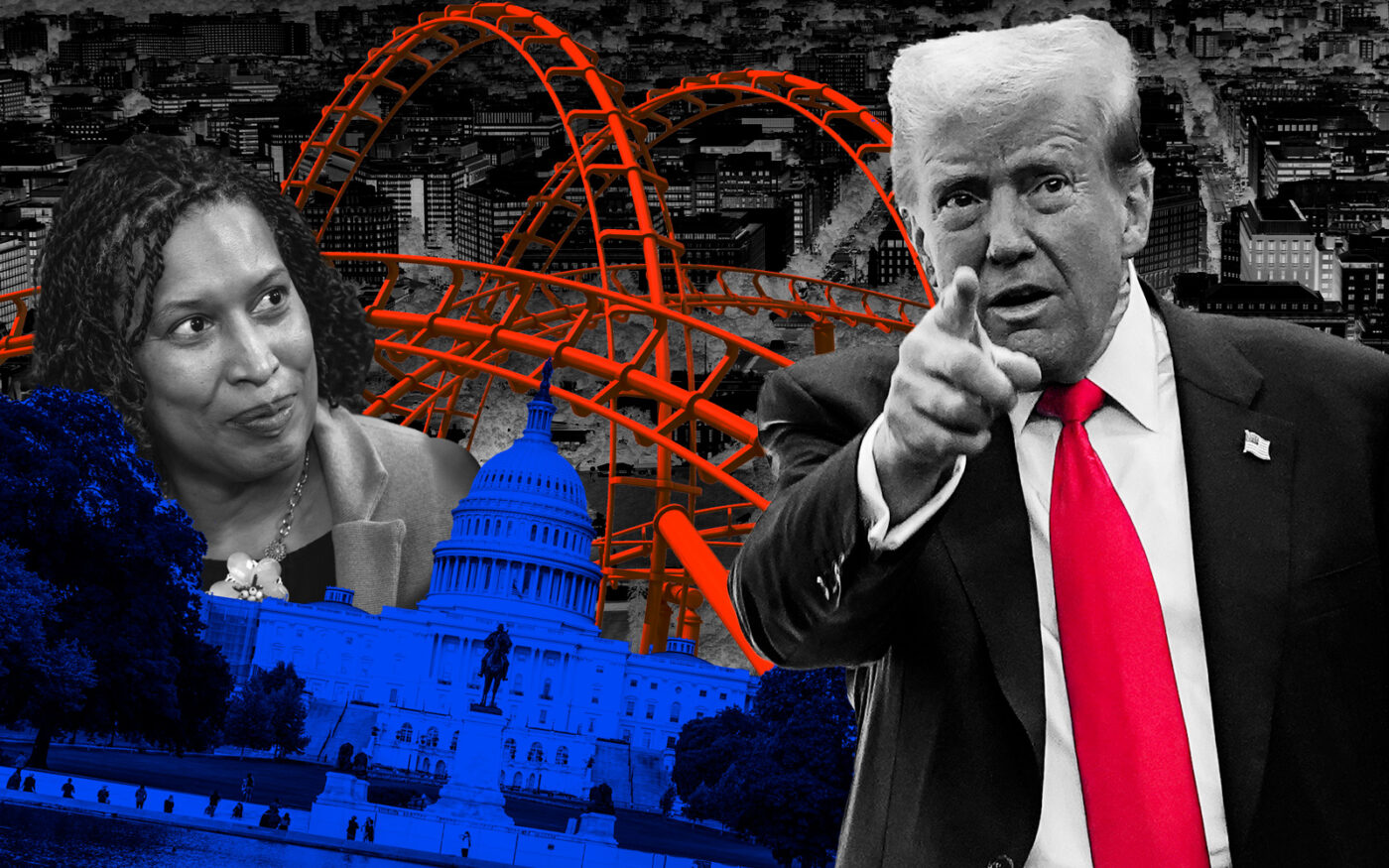With Donald Trump’s return to the presidency just two months away, the ripple effects are beginning to show, particularly in Washington, D.C.’s commercial real estate market. According to the Washington Business Journal, Trump’s second term could significantly reshape the district’s commercial real estate landscape, depending largely on his administrative actions and how he chooses to manage federal government operations.
The full impact of Trump’s re-election on real estate has yet to unfold. His first term saw an executive order mandating classical architecture for federal buildings—a directive that was later reversed by President Biden. Trump’s influence might extend further, potentially increasing federal control over local D.C. governance, thus diminishing the mayor’s and city council’s power.
However, Trump’s clear win provides some level of certainty about leadership for real estate professionals and investors, even if the precise effects on the sector remain unclear.
Holden Walter-Warner reports that crucial concerns for D.C. real estate center on Trump’s strategies for the federal workforce. His previous term witnessed the relocation of several agencies outside the district, such as the Bureau of Land Management, which moved to Colorado but returned under Biden’s administration. A more extensive redistribution could significantly reduce rental income for local landlords.
Moreover, Trump’s potential plans to reduce or dissolve key federal departments like the Department of Education and the Environmental Protection Agency could lead to a decrease in office tenants in the region.
Conversely, Trump could boost local real estate by mandating federal employees to return to office work full-time. This could invigorate both building owners and nearby businesses, although such benefits might be negated by reductions in federal employment levels.
The anticipation of changes, including the shifting of federal agencies and potential alterations to the federal workforce, presents both challenges and opportunities for real estate professionals. We are particularly attentive to these developments as they can influence demand for commercial spaces and the strategic decisions we need to make. The prospect of an increased federal presence or a mandate that could bring employees back to offices full-time suggests a possible uptick in demand for office spaces, which would be a welcome boost for the market.
-Christine Wei
President of Cubework

Leave a Reply